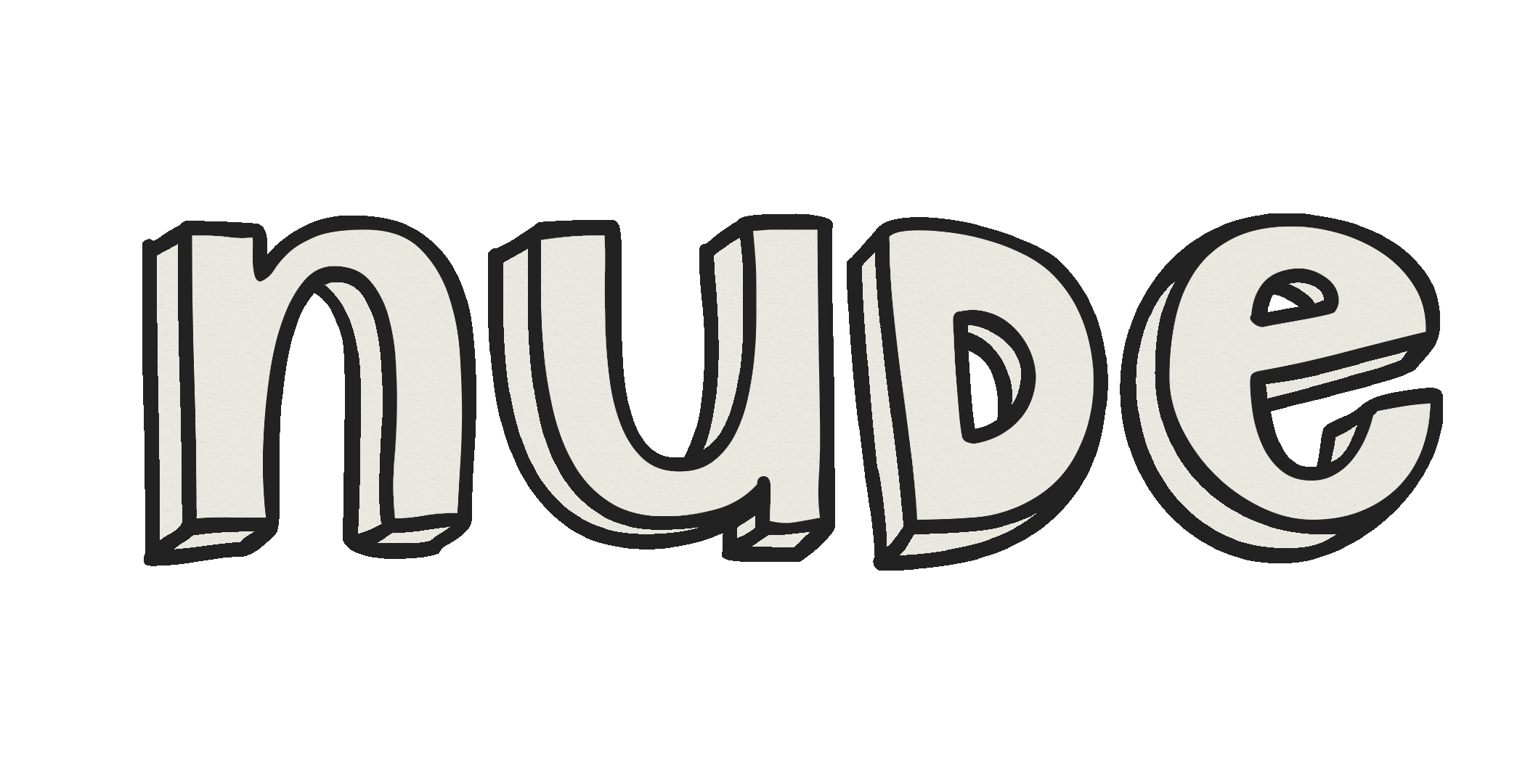← back
Creatine: Pills
vs. Powder?
What is Creatine?
Creatine is a molecule produced naturally in the body and also found in various foods like seafood, eggs, and meat. It is produced from the amino acids glycine, arginine and methionine, serving as an energy reserve for high-intensity physical activities.
Why Do Athletes Use Creatine?
Athletes and bodybuilders supplement with creatine to enhance exercise performance, increase muscle strength and mass, and support recovery. It's known for its ability to improve short bursts of intense exercise performance and aid in muscle growth.
Why do Some People Use Creatine Pills vs. Powder?
Creatine pills are pretty convenient, especially for busy people or people who travel a lot, since they come in pre-measured doses and don’t require preparation. However, powder is preferred by those who value flexibility in dosage and the ability to mix it with other beverages.
Does the Form of Creatine Affect Absorption?
While absorption rates can vary slightly between pills and powder, the difference is minimal for most individuals. Powder may be absorbed slightly faster due to its form, but with daily consumption, both forms effectively elevate muscle creatine levels.
Are Creatine Pills More Expensive Than Powder?
Yes, generally, creatine pills are more expensive per serving compared to powder. The convenience of pills comes at a higher cost, which can add up over time, especially during loading phases when higher doses are required.
How Much Water Should I Drink When Taking Creatine?
It’s important to increase water intake when you’re supplementing with creatine, to facilitate its absorption and prevent dehydration. While excessive water can cause bloating, a gradual increase will help you find the right balance for your body.
What Are the Advantages of Creatine Powder?
Creatine powder is more cost-effective and versatile, allowing for adjustable dosing. It's ideal for those who are particular about their supplement intake and enjoy mixing it with other nutritional drinks.
Can Creatine Pills Cause Digestive Issues?
Like any supplement, creatine pills can cause digestive discomfort in some individuals. Starting with a lower dose can help minimize potential side effects, such as bloating or gastrointestinal upset.
Is There a Best Time to Take Creatine?
Creatine can be taken at any time of the day without affecting its efficacy. Consistency is key, and some prefer taking it close to their workout time, either before or after, based on personal preference and tolerance.
Do I Need to Load Creatine?
A loading phase can quickly saturate your muscles with creatine, leading to faster results. However, it's not strictly necessary; a consistent daily intake will also achieve saturation over a longer period.
Creatine Powder: How to Deal With Clumping and Taste?
To prevent clumping, ensure the powder is stored in a cool, dry place and mixed thoroughly. If the taste is an issue, mixing it with flavored beverages or protein shakes can mask the bitterness.
Will Creatine Supplementation Make Me Gain Weight?
Creatine can lead to weight gain in the form of water retention initially and, over time, increased muscle mass. This weight is due to the muscle becoming denser and larger, not from fat gain.
Is Creatine Safe and Ethical to Use?
Creatine is considered safe for use by healthy individuals when taken at recommended doses. It is one of the most researched supplements and is permitted by most sports organizations.
The Bottom Line
The choice between creatine pills and powder boils down to personal preference, lifestyle, and budget. While pills offer convenience, powder provides flexibility and is more cost-effective. Understanding your own needs and preferences is crucial to making the best choice for your supplement regimen.
← back
nude nutrition
nude nutrition is where we weed out some of the BS in the health & nutrition industry with straight-and-to-the-point answers to common questions.

